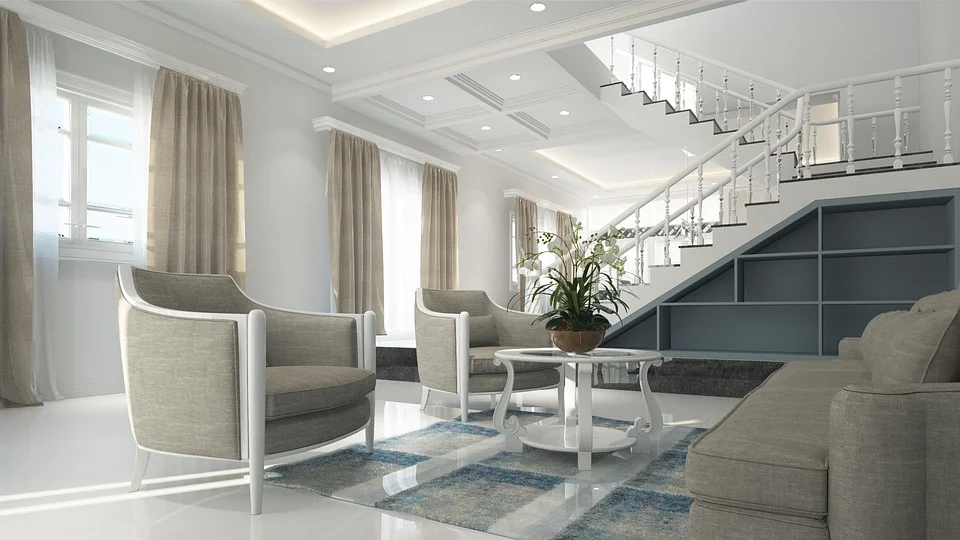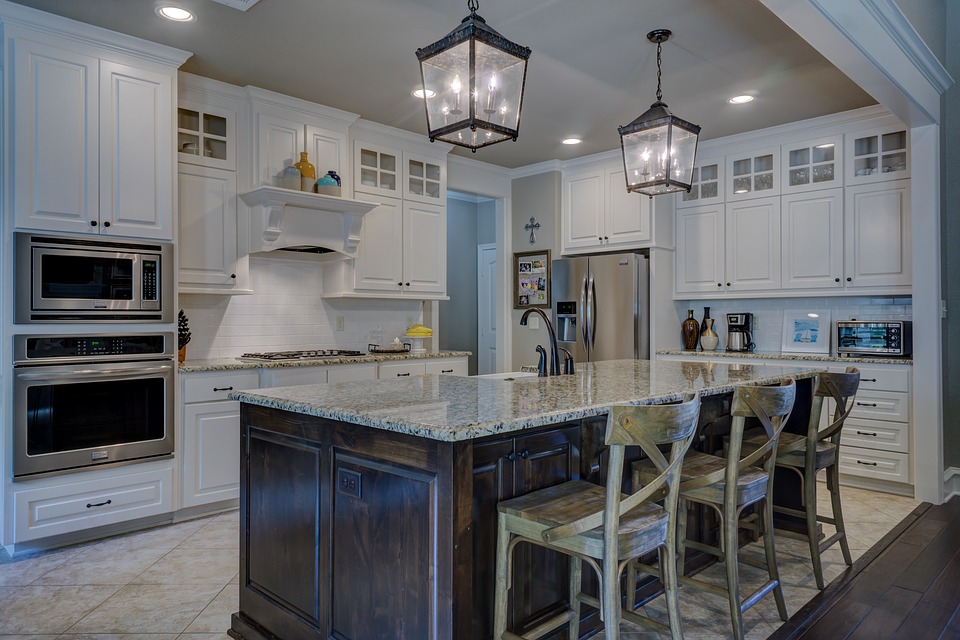Simple Tricks To Help You Choose A Perfect Home Insurance

Living life without insurance for yourself and your properties is a big risk. You never know when disaster can strike so it's best to be prepared for what can happen. Keeping yourself and your properties insured is one of the best ways to avoid financial ruin in case something goes awry.
Aside from life and health insurance, one of the most important insurance plans you can get is one that protects your home and its contents. More and more people are buying home insurance but what is this type of plan and why is it the practical option when it comes to protecting your humble abode?
Home insurance is a form of property insurance that protects the homeowner from any damages or loss that happens to the house. Most plans cover damages caused by various factors including but not limited to fires, natural disasters like earthquakes and storms, and even break-ins.
There are many home insurance plans to consider getting. So much so that it can be tough picking one that fits your needs and capabilities. Here are a few tips on how you can pick the perfect home insurance for you and your family.
Finding A Good Insurer
You can greatly streamline the process of getting good insurance by finding a good insurer of course. What does a "good insurer" mean? Are these firms that offer fair premiums? Firms that cover the most? The short answer is that good insurers are firms that offer all of these perks combined.
Simply by looking online, you can get a comparative look at the rates and coverage of all the insurance providers near you. You have it easy as the abundance of such data means you don't have to go out of your way to find a good insurer. All you need is a decent connection and a device to search on and you'll be good to go.
Aside from looking at tables that compare rates, it's also vital that you look for customer reviews online. Check forums, homeowner's communities, and even ask your friends if they are satisfied with the service that their insurance provider gives them.

You should also read up on a company's current affairs and news updates. The best homeowners insurance companies are those that have been tested through time. As such, they will have a long history behind them that's searchable online too.
Don't rush trying to find a good insurer. Remember, it's an entity that you'll be constantly in contact with so it's good to maintain a good relationship with them as well. The good news is that you can easily see what you need to know about insurers online so there's no excuse as to why you shouldn't do your due diligence and research.
Picking Your Coverage
One of the toughest parts of picking a good insurance package is getting the right amount of coverage for your home. There's no state-mandated requirement as to how much coverage your home needs to have. It's all completely up to you how much you want covered.
In most cases, mortgage lenders will require you to insure at least 80% of your home's replacement value. This is a good format to follow but keep in mind that there is such a thing as buying too much coverage. It's not really practical to go overboard with your coverage.
Ideally, you'd want to buy enough insurance that can cover the labor and materials required to rebuild your home just in case it falls. It's not something you can easily calculate so it's recommended that you talk to your insurer about exactly how much this is.:
Add-Ons For Your Home Insurance
You'd also want to make a few add-ons for your home. These are basically additional coverages that can help you maximize your home's coverage. The add-ons you get completely depend on what your home needs but here are a few ones you should consider getting.
- Natural Calamity Deductibles - Earthquakes, hail, and windstorms are the most common source of damage to homes in the US. You might want to consider getting these as deductibles too. You should get deductibles depending on where you are. For instance, if you are in storm prone regions, it's best to get one for windstorms.
- Extended Replacement Cost - this can help pay for 10% to 50% of your replacement costs just in case your home needs to be rebuilt after a disaster. Aside from that, this add-on can also come with a few benefits for the extra price.
- Contents Replacement Cost - some great insurance plans have what's called this. This basically requires your insurer to replace or reimburse stolen or damaged goods. In some cases, they need to give you the actual cash value of the item. This can help you recover most of your stuff in the likelihood of a fire or a break-in where your stuff gets lost or damaged.
Lowering Your Premium
Lowering your premium might seem impossible at first but it is doable so long as you know what you are doing. The first thing you can try to lower your premium is by buying other insurance plans from the same company. For instance, you can get savings of up to 30% overall by buying your home and auto insurance from one company.
Raising your deductibles can also help lower your premiums. In most cases, doing this can help give you a discount of up to 25% on your premium.
Before you get an insurance plan, you might want to have certain home issues fixed first. Poor plumbing and home security can actually raise your premium to a degree. It's suggested that you get these sorted out first so that your insurer lowers your premium.
Getting home insurance might just be one of the biggest investments you can make in your life. You need to have your home insured as soon as possible because you never really know when disaster can strike. Home insurance guarantees that you don't find it hard to get back to your feet once these accidents happen.